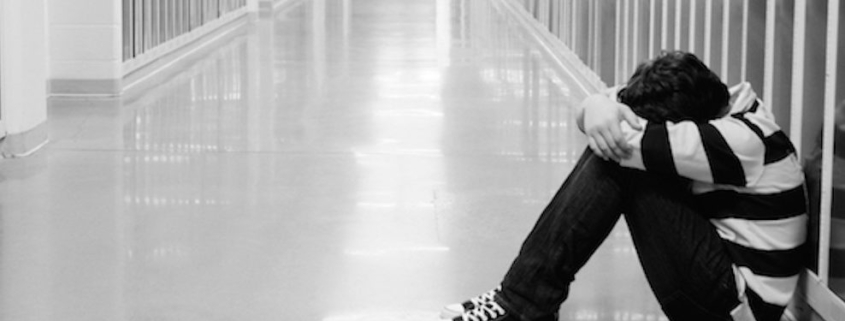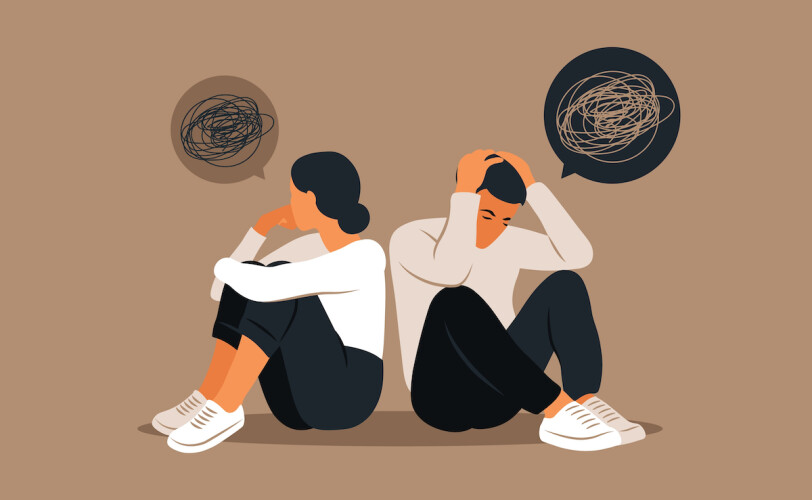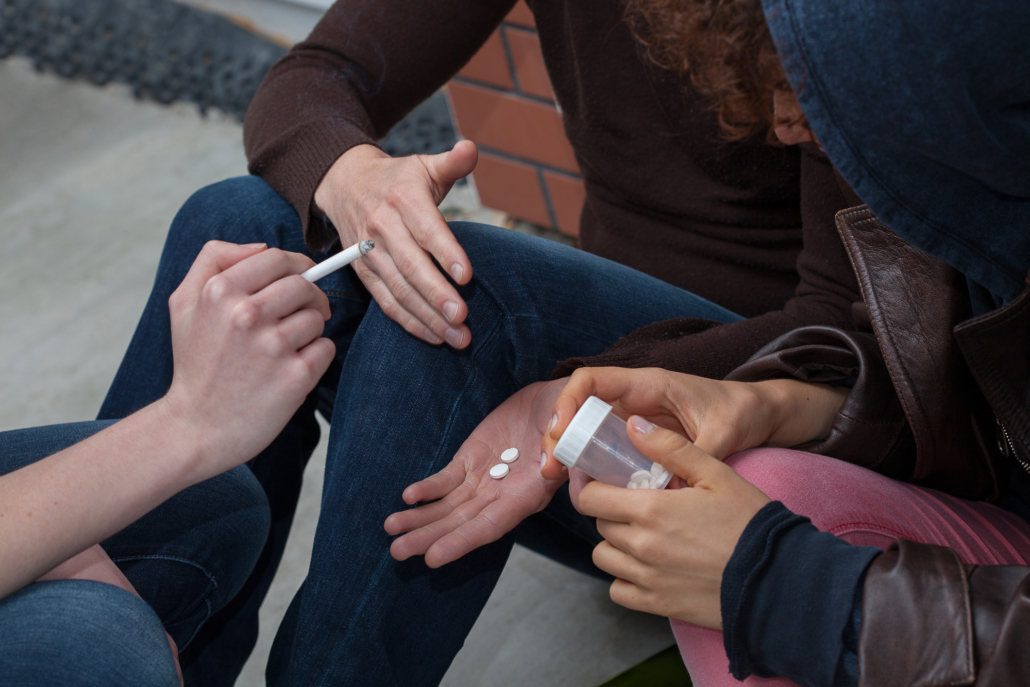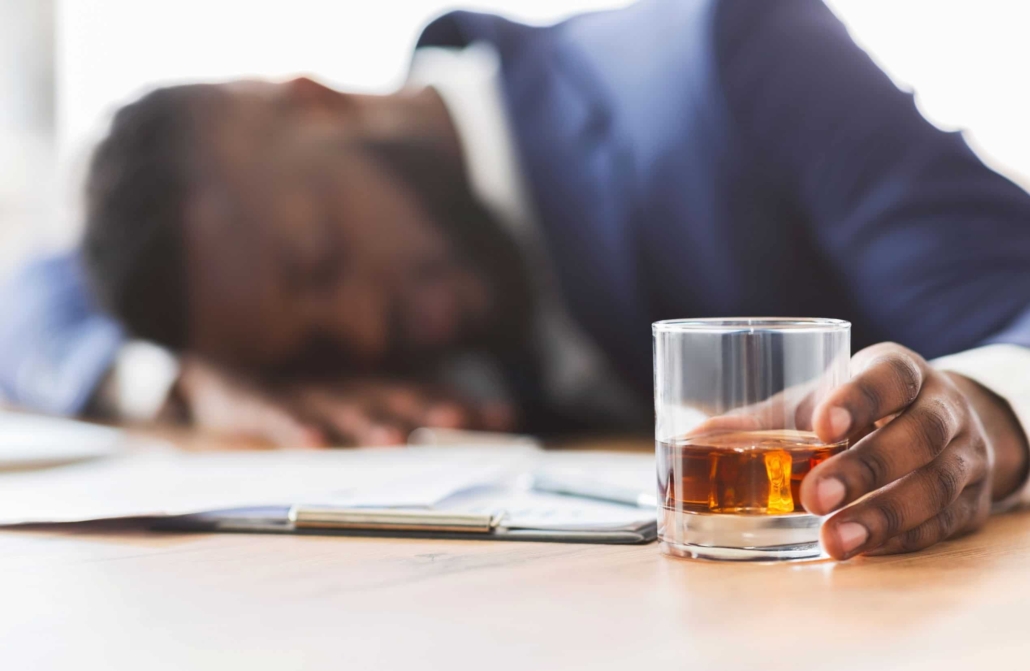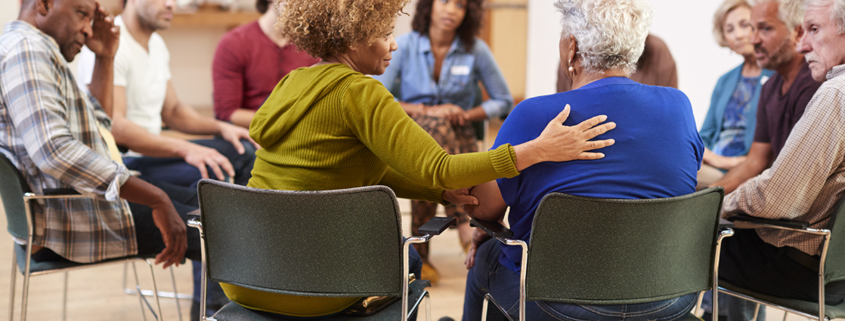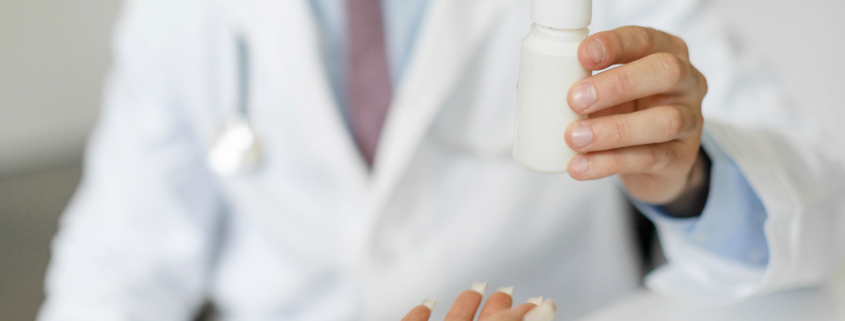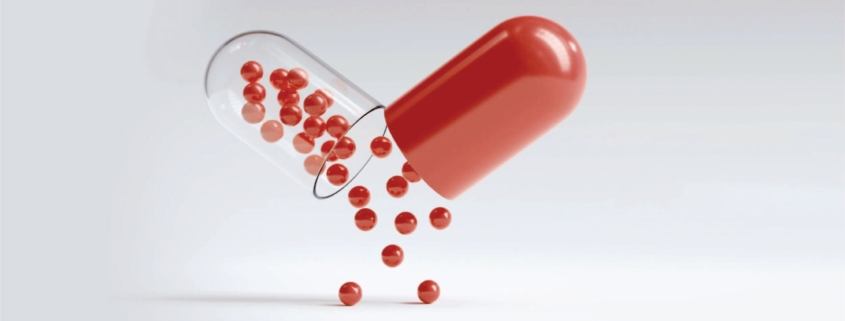Addiction has long been a significant issue in the state of Ohio, with communities experiencing the effects of substance abuse in various ways. Addressing this problem requires comprehensive strategies that include not just treatment and rehabilitation, but also prevention. This is where community-based prevention initiatives play a crucial role. At Couples Rehab in Ohio, we understand the importance of these prevention strategies and how they can contribute to a healthier and more resilient society.
In this article, we will explore various community-based prevention initiatives in Ohio, discussing their role in curbing addiction, tailoring programs to specific communities, and the role of education, partnerships, and local resources in creating long-term change.
Introduction: Why Community-Based Prevention Matters
Addiction prevention starts at the community level, where individuals can work together to identify risk factors, promote healthy behaviors, and reduce the availability of substances that lead to addiction. In Ohio, the opioid crisis, in particular, has led to the development of various programs aimed at reducing drug use, promoting mental health, and fostering environments that discourage substance abuse.
Community-based prevention initiatives are essential for several reasons:
- They involve local stakeholders who are directly affected by addiction, creating a sense of ownership and responsibility.
- They tailor programs to meet the specific needs of communities, which can vary greatly across Ohio’s urban, suburban, and rural areas.
- They promote long-term sustainability by encouraging local participation and investment in solutions.
At Couples Rehab in Ohio, we believe that community-driven approaches, combined with effective treatment and support, can significantly reduce the impact of addiction on individuals, families, and communities.
Understanding the Landscape of Addiction in Ohio
Before diving into the specific programs, it’s essential to understand the scope of addiction in Ohio. The state has been significantly affected by the opioid epidemic, with communities across Ohio struggling with the consequences of opioid misuse, heroin addiction, and synthetic opioids like fentanyl.
According to the Ohio Department of Health, opioid-related overdose deaths reached a peak in recent years, with significant rates in both urban centers like Columbus and rural counties across the state. Other substances, including methamphetamine and alcohol, also contribute to the state’s addiction problem.
This crisis has prompted local governments, non-profits, healthcare providers, and organizations like Couples Rehab in Ohio to step up and take action. Prevention initiatives are designed not just to treat addiction but to stop it before it starts, creating healthier environments for individuals and families.
Key Community-Based Prevention Initiatives in Ohio
There are numerous programs and strategies that have been developed to tackle addiction prevention at the community level. Below, we outline some of the most impactful initiatives tailored specifically to Ohio communities.
1. Ohio Start: Supporting Children and Families Affected by Addiction
Ohio Start (Sobriety, Treatment, and Reducing Trauma) is a program aimed at helping children and families who have been impacted by parental addiction. The initiative pairs families with specialized caseworkers and connects them to substance abuse treatment, counseling, and community resources.
This initiative is particularly important in Ohio, where the opioid crisis has led to a rise in the number of children entering foster care due to parental substance use. By intervening early and providing support, Ohio Start aims to prevent further trauma and break the cycle of addiction.
Couples Rehab in Ohio works closely with community programs like Ohio Start to ensure that families have access to the resources they need for recovery and prevention, especially those that focus on creating a stable and supportive family environment.
2. Drug-Free Communities (DFC) Support Program
The Drug-Free Communities (DFC) Support Program is a federal grant program designed to support community coalitions working to prevent youth substance use. Ohio has several coalitions funded by the DFC, each tailored to the needs of their respective communities.
These coalitions focus on reducing youth access to substances, educating parents and community leaders, and promoting healthy lifestyles among young people. They also partner with local schools, law enforcement, healthcare providers, and organizations like Couples Rehab in Ohio to maximize their reach.
For example, in Cuyahoga County, DFC-funded programs work closely with schools and families to reduce opioid misuse and alcohol abuse among teens. The emphasis is on education, peer support, and creating environments where drug use is not normalized.
3. Project DAWN: Addressing Opioid Overdose
Project DAWN (Deaths Avoided with Naloxone) is a community-based overdose education and naloxone distribution program in Ohio. Naloxone, commonly known by its brand name Narcan, is a medication that can reverse an opioid overdose, saving lives and giving individuals a second chance at recovery.
Project DAWN sites are located throughout Ohio, and the program provides training on how to administer naloxone in case of an overdose. This initiative has been particularly impactful in reducing the number of fatal overdoses in the state. At Couples Rehab in Ohio, we encourage individuals and families affected by addiction to take advantage of this life-saving program as part of their overall recovery strategy.
4. Start Talking! Ohio: Engaging Youth in Drug Prevention
Start Talking! Ohio is a statewide initiative that focuses on preventing drug use among young people by encouraging open conversations between youth, parents, teachers, and community leaders. Research shows that when adults talk to children about the risks of drug use, youth are up to 50% less likely to use substances.
The program provides tools and resources to help adults engage in meaningful conversations with youth, including tip sheets, conversation starters, and educational materials. Start Talking! Ohio is implemented in schools, community centers, and faith-based organizations across the state, and is tailored to meet the specific needs of different regions.
By empowering young people with knowledge and support, this initiative helps to reduce the likelihood of substance abuse and create a healthier generation. Couples Rehab in Ohio supports this program by providing educational resources and promoting open dialogue within families dealing with addiction.
5. HOPE Curriculum: Addiction Prevention in Schools
The HOPE Curriculum is a school-based initiative designed to educate students on the dangers of drug use and promote healthy decision-making. The curriculum is tailored to different grade levels and includes interactive lessons on the science of addiction, the impact of drugs on the brain, and strategies for resisting peer pressure.
Schools across Ohio have implemented the HOPE Curriculum as part of their efforts to combat the rising tide of addiction among young people. The program is particularly effective because it engages students at a young age and provides them with the tools they need to make informed decisions about drug use.
Couples Rehab in Ohio believes that early intervention is key to preventing addiction, and programs like the HOPE Curriculum are crucial in reaching young people before they are exposed to drugs.

The Role of Education in Community Prevention
Education is at the heart of most community-based prevention initiatives. Whether it’s teaching parents how to talk to their kids about drugs, training individuals on how to administer naloxone, or providing schools with evidence-based curriculums, education empowers individuals to make informed decisions and take proactive steps to prevent addiction.
At Couples Rehab in Ohio, we emphasize the importance of education in both prevention and recovery. We work closely with local communities to provide educational resources, workshops, and support groups that help individuals and families understand the risks of addiction and how to avoid them.
Partnerships and Collaborations: A Key to Success
Community-based prevention initiatives are only successful when there is strong collaboration between various stakeholders. In Ohio, this means partnerships between local governments, healthcare providers, schools, non-profits, and organizations like Couples Rehab in Ohio.
For example, in Franklin County, the Opiate Action Plan brings together law enforcement, public health officials, and addiction specialists to address the opioid crisis through a multi-faceted approach. This collaboration has led to a reduction in overdose deaths and increased access to treatment for those struggling with addiction.
At Couples Rehab in Ohio, we believe that working together with other organizations and community leaders is essential for creating lasting change. By pooling resources and expertise, we can make a bigger impact in preventing addiction and promoting recovery.
Local Resources for Addiction Prevention
Ohio is home to a wealth of local resources dedicated to preventing addiction and supporting recovery. These resources include community health centers, mental health services, non-profits, and recovery groups. Many of these organizations offer free or low-cost services to individuals and families affected by addiction.
Couples Rehab in Ohio works closely with these local resources to ensure that our clients have access to the support they need, both during and after treatment. By connecting individuals with community-based resources, we help to create a network of support that fosters long-term recovery.
Conclusion: A Call to Action for Ohio Communities
Community-based prevention initiatives in Ohio are making a significant impact in the fight against addiction, but there is still much work to be done. At Couples Rehab in Ohio, we are committed to working alongside local communities to support these efforts and provide the treatment and resources necessary for lasting recovery.
Whether it’s through education, early intervention, or partnerships with local organizations, prevention is the key to stopping addiction before it takes hold. By working together, Ohio communities can continue to build stronger, healthier, and drug-free environments.
For more information on how Couples Rehab in Ohio can help you or your loved one, contact us today and learn how we are working with communities across the state to create a brighter, addiction-free future.


